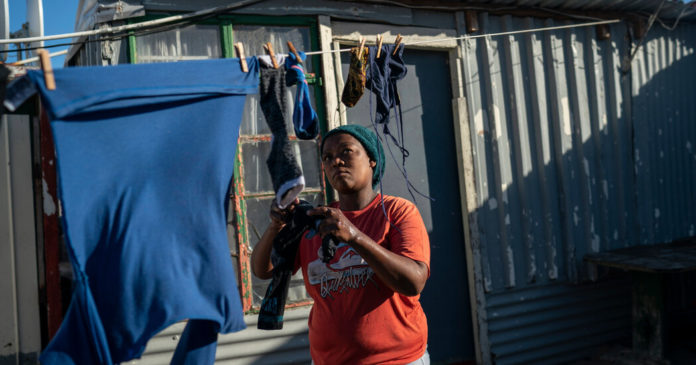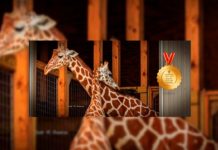Over the past few months, rich nations like the United States and Britain have cut deals with multiple drug manufacturers and secured enough doses of coronavirus vaccine to inoculate their citizens many times over. China and Russia have conducted their own trials and begun mass vaccination programs.
Yet countries like South Africa, the African country hardest hit by the pandemic, are in a singular bind because they cannot rely on charity. Although its government is nearly insolvent and half of its citizens live in poverty, South Africa is considered too rich to qualify for cut-rate vaccines from international aid organizations.
And so, a few months from now, when a factory in South Africa is expected to begin churning out a million doses of coronavirus vaccine each day, those vials will probably be shipped to a distribution center in Europe and then rushed to Western countries that have ordered them by the hundreds of millions.
None have been set aside for South Africa, which does not expect to see the first trickle of doses until around the middle of next year.
“Where you’re not rich enough but you’re not poor enough, you’re stuck,” said Salim Abdool Karim, an epidemiologist who leads South Africa’s coronavirus advisory council.
Poor and middle-income nations, largely unable to compete in the open market, rely on a complex vaccine-sharing arrangement called Covax. A collaboration of international health organizations, Covax was designed to avoid the inequities of a free-market free-for-all. But its deals come with strings attached, and health advocates are questioning its transparency and accountability.
“The people at the top, they’re going to get the vaccine, the people who have power,” said Mtshaba Mzwamadoda, 42, who lives in a one-bedroom corrugated metal shack with his wife and three children. “Maybe we’ll get the vaccine in 2025.”
South Africa has recorded over one million cases and 26,000 deaths as of Monday, according to government figures.
With one of the strictest initial lockdowns in the world, South Africa avoided the high death toll that many experts feared. As restrictions eased in the last quarter of the year, however, the death toll climbed steadily, beginning to spike as the holiday season approached.
Scientists from the Nelson R. Mandela School of Medicine at the University of KwaZulu-Natal announced on Dec. 18 that the country was seeing a variant of the virus that accounts for the vast majority of samples tested in the current wave.
Lynsey Chutel and Sheri Fink contributed reporting.
Source : Nytimes











